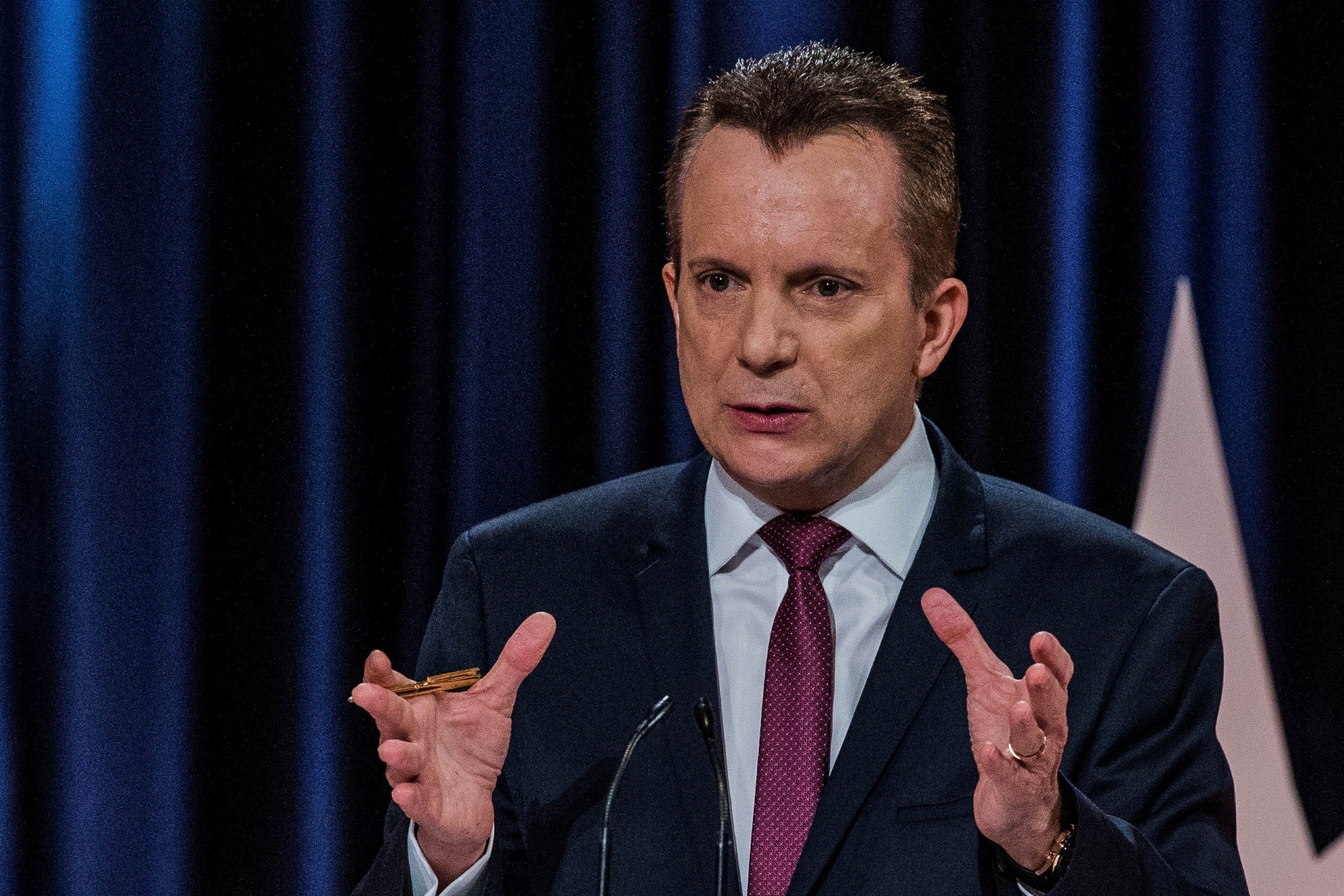SÃO PAULO, BRAZIL – In the TV Band debate, the Republicanos candidate for Mayor of the city of São Paulo, Celso Russomanno, was accused by the PSL (Social Liberal Party) candidate Joice Hasselmann of voting against the Ficha Limpa (Clean Record) Law, which is untrue, according to Estadão Verifica’s fact check.

The law that prevents candidates convicted of corruption crimes from running for office was passed by the Chamber of Deputies in May 2010. Of the 388 deputies who voted, only one was against it – Marcelo Melo (MDB – Brazilian Democratic Movement), who claimed to have pressed the button by mistake.
Mayor Bruno Covas (PSDB – Brazilian Social Democratic Party), a candidate for reelection, once again discussed a R$7 (US$40) billion “shortfall” in the city’s budget left by the PT’s (Workers’ Party) Fernando Haddad, according to him. However, based on the 2016 financial report, published in the Official Gazette the following year, holdings of cash were actually positive, with a balance of R$5.3 billion.
The inaccurate data came from a statement made by former Mayor and now Governor João Doria (PSDB), who mentioned the amount when calculating federal funds listed in the budget for public works, particularly from the Growth Acceleration Program (PAC), which have not been transferred.
Candidate Orlando Silva (PCdoB – Communist Party of Brazil) said that if elected, on his first day in office he would revoke SAMPRAPREV, the municipal welfare reform passed by the current administration. However, a Mayor does not have the power to revoke a law passed by the City Council. To do so, he would be required to submit a new bill to the City Council.
Source: O Estado de S. Paulo

